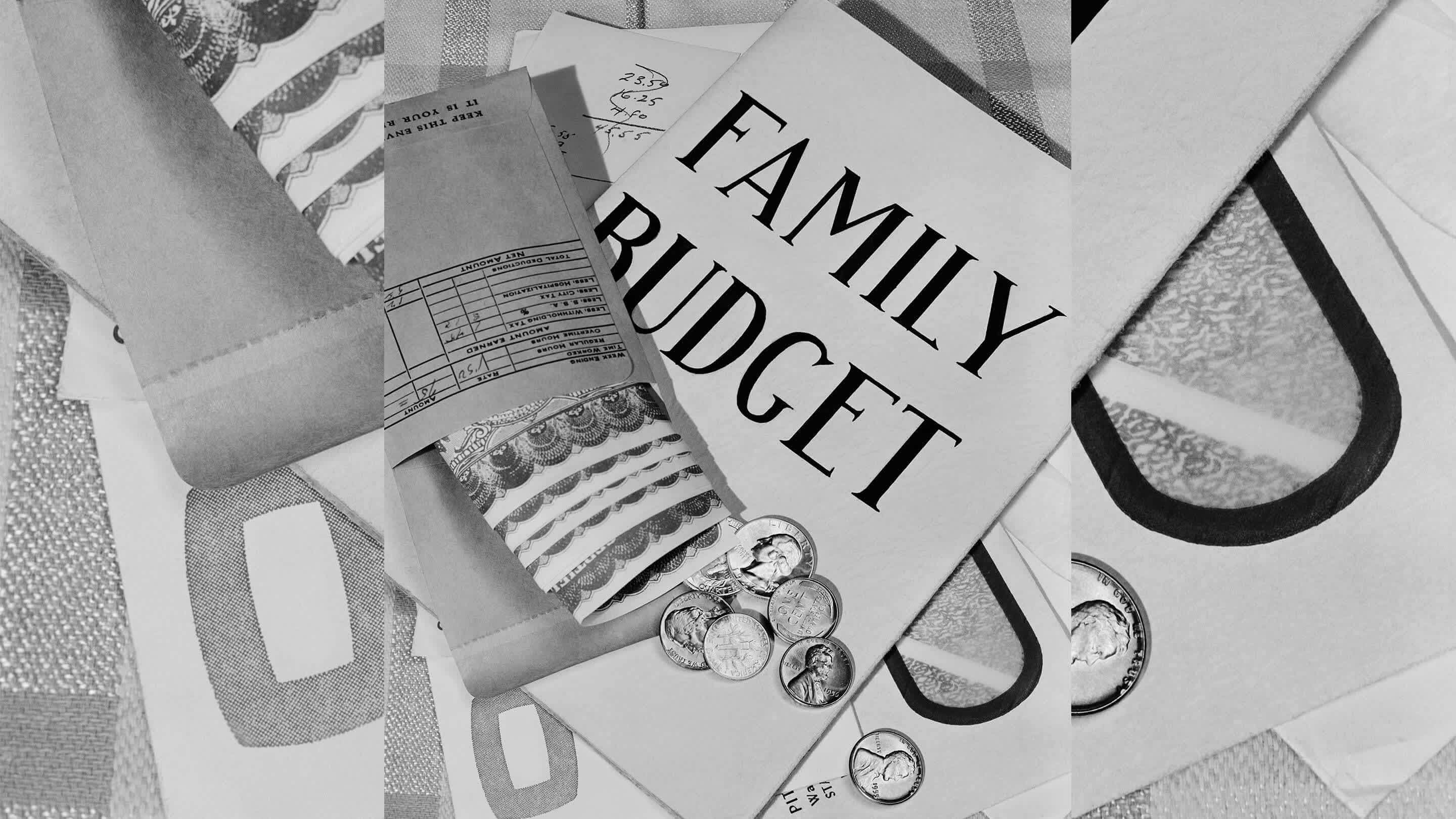When insurers review your life insurance application, they use your financial history to determine how much coverage you need and whether you’ll be able to afford the cost of insurance. If you’re unemployed or not working for any reason, the agent working on your application will have additional questions about your finances.
Usually, you can still buy life insurance even if you don’t earn an income — but the reason behind and the length of your unemployment will determine whether you’re approved for a policy. If you’re recently unemployed and looking for work, you’re more likely to receive a policy based on your previous income than if you’ve been unemployed long-term.
How does recent unemployment affect your life insurance options?
If you’ve been unemployed for six months or less, you shouldn’t face too much difficulty finding a life insurance policy. While there aren’t universal guidelines for how insurance companies assess recently unemployed applicants, you’ll usually be evaluated based on:
Previous income
Previous occupation
Length of your unemployment
Whether you’re actively seeking employment
The shorter your period of unemployment, the better, so it’s best to apply early in your unemployment if you can. However, insurers understand that employment status can change.
The factors above help them understand your financial viability and predict your future income. The insurer may ask you to provide supplemental information, such as:
Accounting of your assets
Past pay stubs
These additional details can prove your financial stability. For example, if you own a house or have a sizable savings account, the insurer could use that information to verify that you have a level of financial responsibility that requires insurance.
Will losing your job impact your existing insurance policy?
If you already have a policy in place and later become unemployed, nothing about your life insurance policy will change — insurers can’t reduce your coverage or cancel your insurance.
As long as you continue to pay your premiums, you’ll retain the same life insurance coverage.
In most cases, you’ll have the option to lower the amount of your insurance coverage or shorten the term length so that your payments will be more affordable. This can be useful if you become unemployed and take a job earning less money or rely on family members for your finances.
Can you get life insurance if you’re long-term unemployed?
If you’ve been unemployed for more than six months, getting life insurance can be difficult. The insurance company will have questions about why you’re not working, and what the financial burden will be on your loved ones if you pass away.
The most common reason to get life insurance is to protect your income. If you haven’t worked in a few years, it will be harder to justify your need for coverage. Many insurers won’t count financial support such as unemployment insurance benefits, as income.
If you intentionally haven’t worked for months or years because you’re a student or managing your household full-time, it’ll be easier for you to get insurance. In these circumstances, insurers will work with you to determine how much money your loved ones would need after you pass away based on your anticipated income or your contribution to your household.
Can graduate students get life insurance?
If you’re a full-time graduate student, you might need a life insurance policy to ensure that if you die, your co-signers won’t be liable for your student loans or that a partner won’t be left shouldering the cost of your tuition in case you die prematurely.
Most life insurance companies will take your projected income into consideration when determining how much coverage you’re eligible for. Graduate students may also be able to get coverage based on:
Your parents’ life insurance policy
Your spouse’s life insurance policy
Can non-working spouses get life insurance?
Surveys show that stay-at-home parents perform about $184,820 worth of labor annually. [1]
While non-working spouses don’t earn direct income, they perform labor that would have to be replaced if they weren't around, including childcare, domestic responsibilities, and administrative tasks.
If a working spouse is earning an income, a non-working spouse is often able to apply for a policy of similar value, depending on the insurer. There’s some flexibility with how different insurers calculate how much coverage a homemaker can set up. A licensed agent can help you determine how much coverage you need and which insurer is best suited to meet your needs.
Can you get life insurance if you’re disabled & unable to work?
Having a disability won’t stop you from buying coverage, but if you’re also unable to work, you may not qualify for a traditional life insurance policy. Whether an insurance company can insure you depends on the specifics of your disability.
If your disability is related to a medical condition, you may be declined coverage due to your mortality risk. If you’re permanently unable to work, it’ll be hard to prove that you have financial need for a policy because you have no income that’ll be lost when you pass.
If you don’t qualify for traditional life insurance coverage, guaranteed issue life insurance is one way to get some protection for your family, even if you’re permanently disabled.
Coverage amounts are lower — up to $25,000 — and premiums are higher than traditional coverage, but guaranteed issue policies offer near-certain acceptance and can be helpful to cover end-of-life costs, such as a funeral or medical bills.
How to get affordable life insurance if you’re unemployed
If you’re not bringing in an income, it may feel like life insurance doesn’t fit into your budget, but there are some ways to get affordable protection for your loved ones:
Buy term life insurance: Term life is the most cost-effective option for most people and costs significantly less than permanent life insurance options.
Choose a lower term and coverage amount: While it’s not ideal to own less life insurance than you need, some coverage is better than none. A lower benefit or shorter term can keep your premiums within your budget and your policy active until you find a new job and can afford the premiums for more coverage.
Shop around: Each life insurance company assesses health and financial situations differently. You’ll find the best life insurance rates by comparison shopping with multiple insurers.
A Policygenius advisor can help you find the best life insurance company for your situation.
Learn more about how much life insurance coverage you should have
Should you add unemployment riders to your policy?
Life insurance companies offer specific riders, or policy add-ons, that offer financial protection in situations other than your death. There are two riders that would protect you from losing your coverage if you lose your income, but we don’t generally recommend them.
Disability income rider: Pays out a monthly stipend if you become disabled and are unable to work
Waiver of premium rider: Waives your premiums if you become disabled and are unable to work
These riders can be costly and difficult to make claims on, so they’re not beneficial for most people. However, if having riders like these can bring you peace of mind, they may be worth it for you.
More about finding your best life insurance policy
Image: H. Armstrong Roberts / Getty Images






